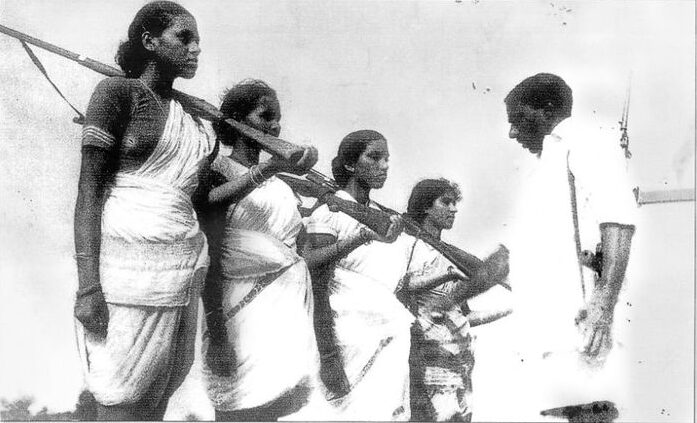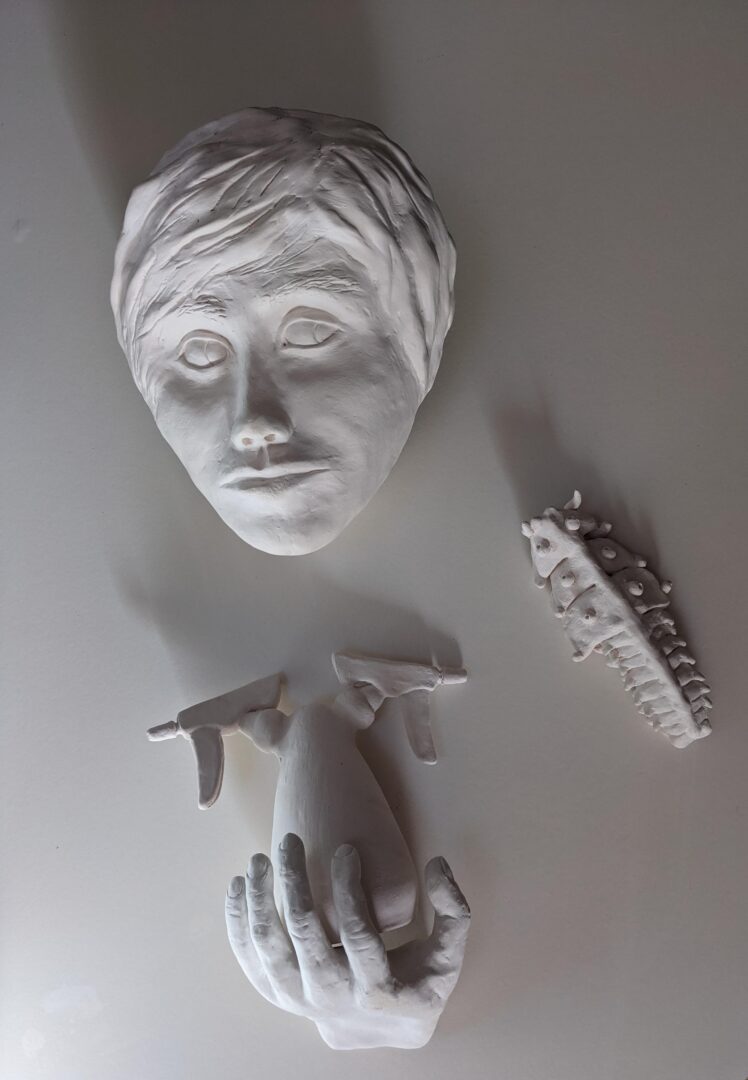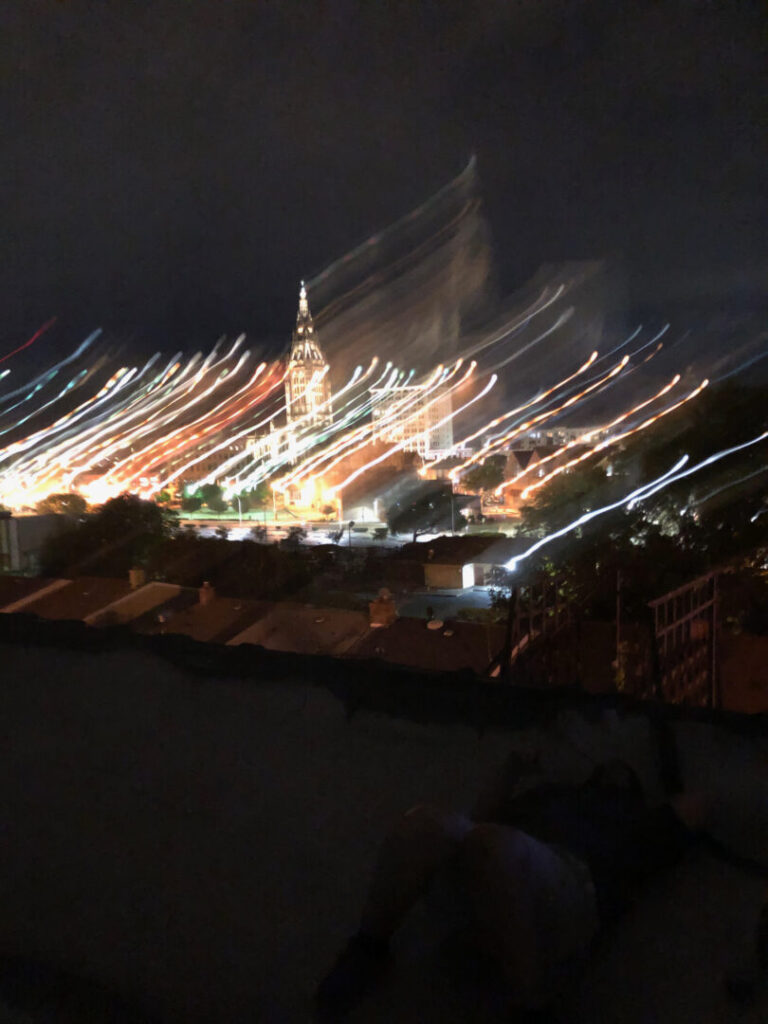The epic poem Asia Jaag Utha, written in 1950 by Ali Sardar Jafri of the Indian Progressive Writers Association, was a battle hymn of its time, a celebration of Asia’s history and geography, with a vision for Asian liberation and communist revolution at the dawn of the Cold War in the aspirational Third World. Are its messages still applicable today, or is it strictly a period piece? This essay analyzes what Jafri was trying to do in his own context and explores whether it has anything to say to ours. In order to do this, the author enters into dialogue with Jafri’s poetry, and proposes some updates to its political agenda that might be needed to carry its energy into the present. While the mid-twentieth century vehicles of progress and liberation (such as industrial development and the postcolonial nation-state) require critique, Jafri’s emancipatory impulses and ideals of solidarity ring true.
Keyword: poetry
Coalition-In-Progress: Found Poetry Through Phone Calls with People Labelled/With Intellectual Disability During the COVID-19 Pandemic
For institutional survivors and their younger peers labelled/with intellectual disability, the COVID-19 pandemic and its related lockdowns carry over past experiences under government-directed isolation and mandatory medical interventions. The sudden convergence of past and present necropolitical ableism in labeled persons’ lives colours this crisis, as we—a group of survivors, younger labeled people (who have not lived in institutions), and researcher/allies—attempt to simply stay in touch amid digital divides that cut off our once vibrant, interdependent in-person activities. No longer able to gather, and with limited Internet (or no) access, we resist social abandonment through phone calls. During phone conversations we discuss the affective contours of this time: grief over the past, loss of agency, restrictive rules in group homes, the dynamics of protest, fear sparked by public health orders, and a mix of anxiety and hope about the future. Taking this telephone-based dialogue as evidence of our lives in these times, we present a brief body of collectively written found poetry, a form of poetic inquiry composed of phone call snippets. This piece, coauthored by twenty members of the “DiStory: Disability Then and Now” project in Toronto, Canada, offers a snapshot of coalition-in-process, keeping in touch amid a crisis that threatens our togetherness and—for some more than others—our lives. Following Braidotti, we couch this found poetry in a brief commentary on our slow, in-progress attempt to “co-construct a different platform of becoming” with one another amid a divergence of historical and contemporary inequities.
Our Thoughts: Reflections on OCD, the Pandemic, and Society
In this socially engaged and collaborative project, the topic of obsessive-compulsive disorder (OCD) is explored artistically. A poem and sculpture depict and contemplate the lived experience of OCD and how it relates to contemporary times. The project grew out of a friendship between Mick, the alias for someone who has OCD, and Dana Fennell, a researcher who studies OCD.
August 2020
Unemployed at the time, not visibly disabled, but having become quite unwell in the middle of a pandemic, this poem illustrates my anxious and exhausting insomnia against the caretaking labor for my youngest child. I worked to minimize the projections of stress and anxiety onto her, laboring for stillness and comfort. As Luce Irigaray states in An Ethics of Sexual Difference (1993), “Music comes before meaning. A sort of preliminary to meaning, coming after warmth, moisture, softness, kinesthesia” (168).
Finding Joy and Elegy: Poetry from Pandemic
Amidst the despair, desperation, death, and economic deprivation of the pandemic, poetry—and creative outlets more broadly—have arisen to assist us in both making sense of the world at large, as well as addressing our own struggles during and from these challenges. This essay seeks to put these works into conversation as part of a process—along with quarantine—of seeding, an opportunity to grow new roots and networks. Drawing from a field of established literary journals and ones established during and explicitly to address the pandemic, the essay aims to begin a process of distilling the ways that even amongst fear and loss we must (and will) find ways to find joy. This requires us to seek out new forms of elegy that elaborate and understand the importance of relations and joys between peoples, and the new relational possibilities that our life holds for us as we move towards a post-pandemic world.




